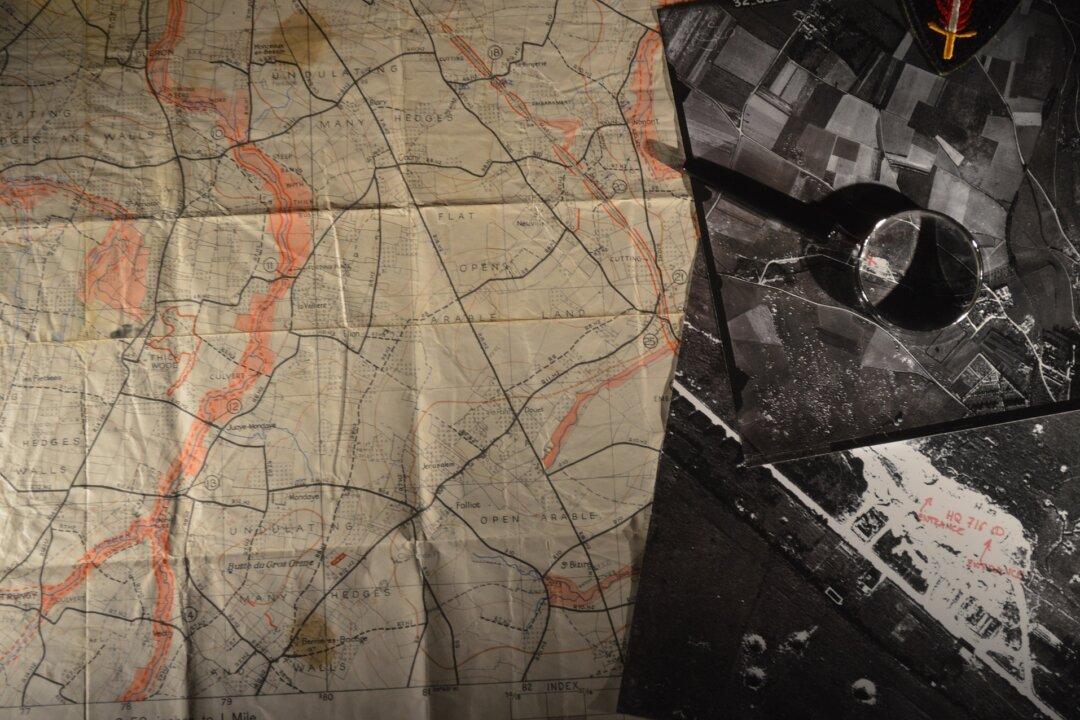No element in the entire U.S. Department of Defense is more time-tested and combat-proven than the respective Special Operations Forces (SOF) of each branch of the military.
Generations of the greatest strategic minds in the modern era have contributed to an unparalleled institutional knowledge inside these units; their collective souls possess the secrets of what it takes to perform at the very highest levels, in the most time-sensitive environments, in order to complete complex and challenging operations with the highest degree of success.





